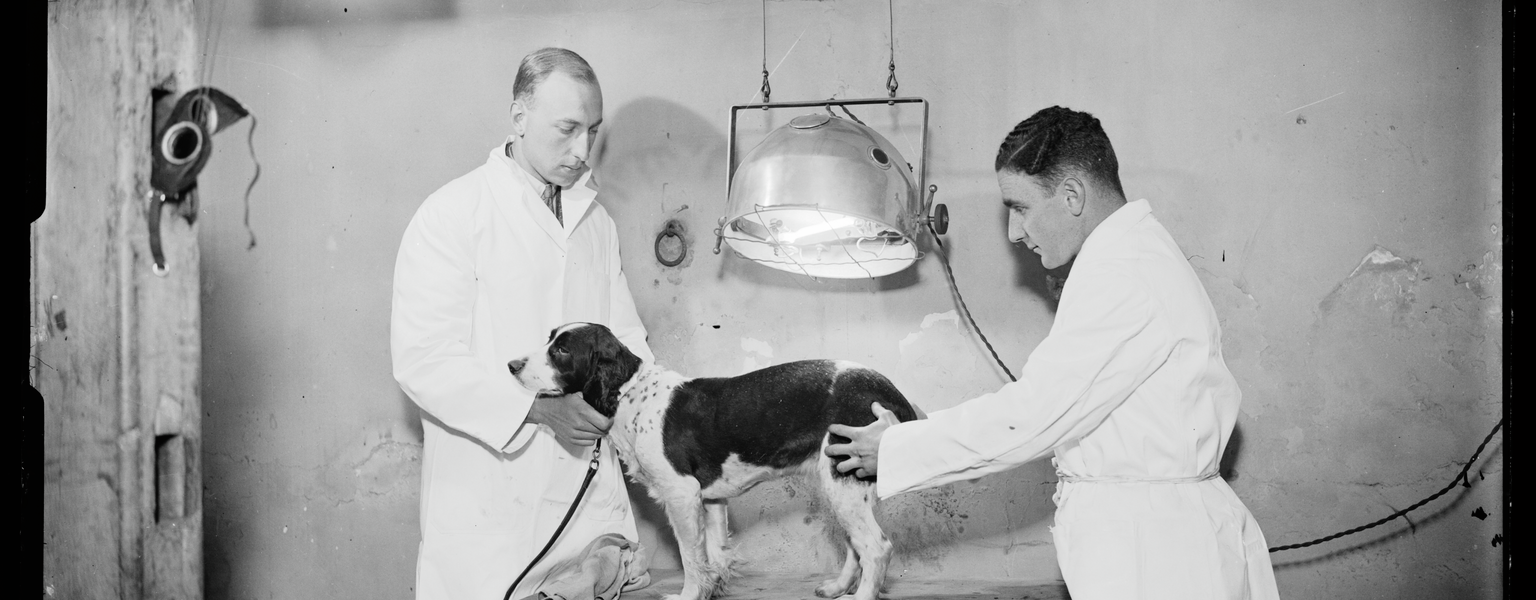The lethargic Winter SAD can cause an over-production of melatonin (sleeping hormone) due to the body receiving insufficient sunlight, during shorter days, which can cause low energy levels. Generally, the closer you live to the North Pole, the colder and the darker winters will be. This can affect desire to be outdoors and active, and motivation to socialise – all of which are commonly recommended to support mental health.

There are some practical recommendations to help the potential biological causes of SAD. Trying to get as much natural sunlight as possible during winter and exercising regularly can help balance the body’s internal clock and energy levels. SAD lamps were invented as a daily solution for Winter SAD and being in its light is intended mimic exposure to sunlight. There’s mixed evidence on the effectiveness of the SAD lamp, and they can also be expensive and therefore not widely accessible, but some studies have concluded they are most effective when used in the morning. And while no one vitamin or mineral has yet been proven to combat Winter SAD, taking supplements to boost energy – such as Vitamin D, Iron and B12 – may help with tiredness.

Beyond the biological and environmental causes of Winter SAD, the season can also come with a variety of personal and social stressors. Psychology Today highlights that stressors such as finances and isolation can come to a head during gift-giving holidays. Even the high expectations for the season, created through media and advertising, can create real pressure for holidays to look and feel a certain way. Community is of vital importance in wellbeing. Socialising can be a space for fun and joy, which is important in and of itself. It can also be a place to share concerns and feelings. For some, that community and support network is familial or built with romantic partners, for others it’s found family and friends. Either way, maintaining social relationships has also been shown to promote good health and longevity.

Koselig, a philosophy practised in Norway to improve the ‘winter blues’, puts an emphasis on not only spending time with friends but also in nature. Nordic countries, where some regions go up to three months without the sun rising, are consistently ranked highest among the world’s happiest places to live, including in the Forbes 2023 survey. While their happiness may largely come from their strong welfare systems and high societal trust, they also have intentional mindsets for surviving winter.
Koselig, and similar philosophies such as Hygge from Denmark and Mys from Sweden, practise cosiness, community, embracing nature, and taking pleasure in the small things during winter. This can look like dressing up in favourite woolly mittens for a nature hike with friends – and making it a habit. A study shows that adults who spent two hours a week in nature were more likely to report improved psychological wellbeing than those who didn’t.

Taking it a step further, some Sakha people of Yakutsk, Russia, the coldest city on Earth, practise ice-swimming at their coldest time of the year. This entails cutting through ice to create a small pool in the ground, in which they place themselves for a few minutes. While this practise has cultural significance and connects people spiritually with their land, it also has medical benefits.
Regular ice swimming has been shown to help with memory function, moods and energy levels. It can be dangerous for the elderly, children, and people with respiratory or heart conditions, but experienced ice swimmers have a greater resistance to the cold shock response. Sakha people refer to ice-swimming as a way to keep warm and energetic through winter.
There are some things that feel out of our control and can make SAD feel more intense. For example, shift work can have a negative effect on mental health by compromising opportunities for deep sleep, the most restorative sleep stage for emotional, cognitive and mental health. Most (74%) shift workers work their shift hours because that’s when their job needs to be done: it’s not an intentional choice to support their lifestyle. Both corporations and governments have a role to play in considering the impact of their actions on mental health. We can join campaigns to improve living and working conditions too, which may also have a positive impact on mental health.

As the light and warmth of spring just begins to peek through, it’s worth socialising, staying active and trying to create consistent sleeping schedules to regulate melatonin, which all help with Winter Seasonal Affective Disorder. Spending time in, and taking care of, nature can be grounding in uncertain times. Would you consider taking part in Koselig or ice swimming?
If you feel like you need help with your mental health, be sure to talk to friends and family about how you’re feeling, and/or ask for help from your doctor.
